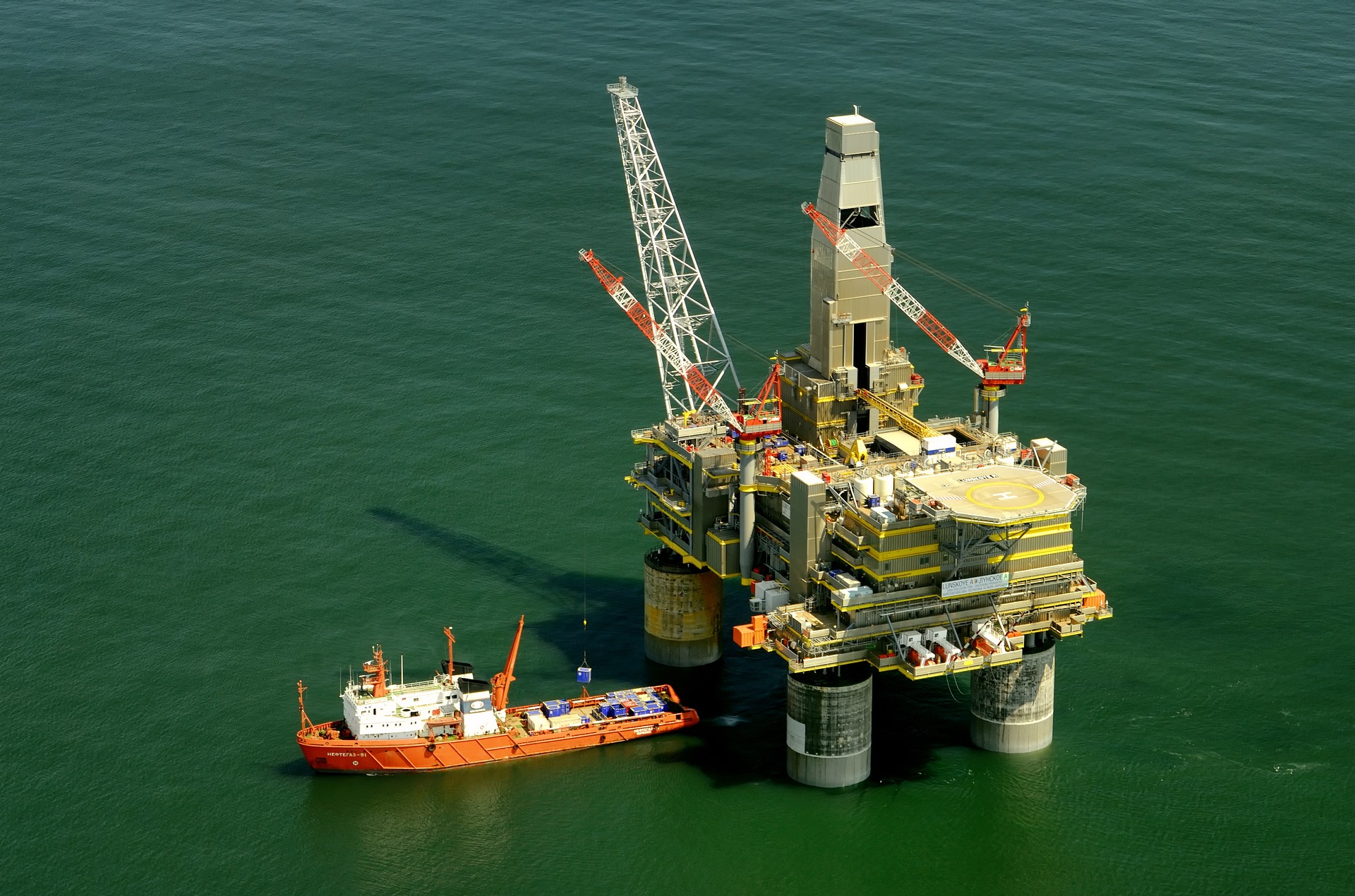Your Complete Guide to Starting a Career on Offshore Oil Rigs
The offshore oil industry offers unique career opportunities for those seeking well-compensated work in challenging marine environments. While these positions require dedication and adaptability, they provide pathways for individuals from various backgrounds to build successful careers. This guide provides general information about offshore oil rig employment and should not be considered as actual job listings or guarantees of employment opportunities.

What Entry-Level Roles Exist on Offshore Oil Rigs?
Several entry-level positions provide newcomers with opportunities to enter the offshore oil industry. Roustabouts perform general maintenance tasks, cleaning equipment, and assisting skilled workers across the platform. These roles serve as stepping stones to more specialized positions.
Floorhands work directly with drilling operations, handling pipes and maintaining drilling equipment under supervision. Kitchen staff and catering assistants ensure crews receive proper nutrition during extended offshore rotations. Crane operators, after obtaining proper certification, manage equipment movement across platforms.
Maintenance helpers support experienced technicians in keeping complex machinery operational. These positions typically require physical stamina and willingness to work in various weather conditions while learning industry-specific skills.
Can You Work Offshore Without Previous Experience?
The offshore oil industry historically has provided opportunities for individuals without direct industry experience, though specific hiring practices vary by company and market conditions. Many operators have historically offered comprehensive training programs for entry-level positions.
New hires typically complete extensive safety training covering helicopter safety, sea survival, and emergency response procedures. Companies often pair inexperienced workers with seasoned professionals during initial assignments to ensure proper skill development.
However, employment opportunities depend on various factors including oil prices, industry demand, and regional regulations. Physical fitness requirements and ability to work in confined spaces remain standard prerequisites regardless of experience level.
What Certifications Are Needed Before You Can Start?
Basic safety certifications form the foundation for offshore work eligibility. The Basic Offshore Safety Induction and Emergency Training (BOSIET) covers helicopter underwater escape training, sea survival, and firefighting basics. This certification requires renewal every four years.
Medical certificates ensuring fitness for offshore work are mandatory, including cardiovascular health assessments and vision testing. Many positions require valid passport documentation for international waters work.
Specific roles may require additional certifications such as crane operation licenses, welding certifications, or specialized equipment training. Some companies provide these advanced certifications after initial employment, while others prefer candidates with existing qualifications.
What to Expect in Terms of Pay and Time Off
Compensation in offshore oil work traditionally reflects the demanding nature and specialized skills required. However, actual wages vary significantly based on experience, location, company policies, and current market conditions.
| Position Level | Role Examples | Estimated Annual Range (USD) |
|---|---|---|
| Entry Level | Roustabout, Kitchen Staff | $45,000 - $65,000 |
| Experienced | Floorhand, Crane Operator | $65,000 - $90,000 |
| Specialized | Driller, Lead Technician | $90,000 - $130,000 |
| Supervisory | Tool Pusher, Platform Manager | $130,000 - $200,000+ |
Compensation estimates mentioned in this article are based on historical industry data but may vary significantly based on market conditions, location, company policies, and individual qualifications. These figures should not be considered guaranteed wages or current job offers.
Work schedules typically follow rotation patterns such as 14 days on/14 days off or 28 days on/28 days off. During work rotations, employees typically work 12-hour shifts with accommodation and meals provided on the platform.
Tips to Get Hired for Offshore Jobs Faster
Obtaining relevant certifications before applying demonstrates commitment and readiness. Completing BOSIET training and medical assessments proactively shows employers you understand industry requirements.
Maintaining excellent physical fitness enhances candidacy since offshore work demands physical stamina. Building relevant skills through maritime, construction, or mechanical work can strengthen applications even without direct offshore experience.
Networking within the industry through job fairs, online forums, and professional associations provides insights into opportunities. Researching major offshore contractors and maintaining updated applications with multiple companies increases visibility when positions become available.
Flexibility regarding work locations and rotation schedules often improves hiring prospects. Being willing to start in entry-level positions while demonstrating eagerness to learn and advance appeals to employers seeking long-term employees.
The offshore oil industry continues evolving with new technologies and safety standards. While historically providing opportunities for career advancement and competitive compensation, actual employment availability depends on numerous market factors. Prospective candidates should research current industry conditions, maintain realistic expectations, and prepare thoroughly for the physical and professional demands of offshore work. Success in this field requires dedication, adaptability, and commitment to safety protocols that protect both individual workers and entire platform crews.




